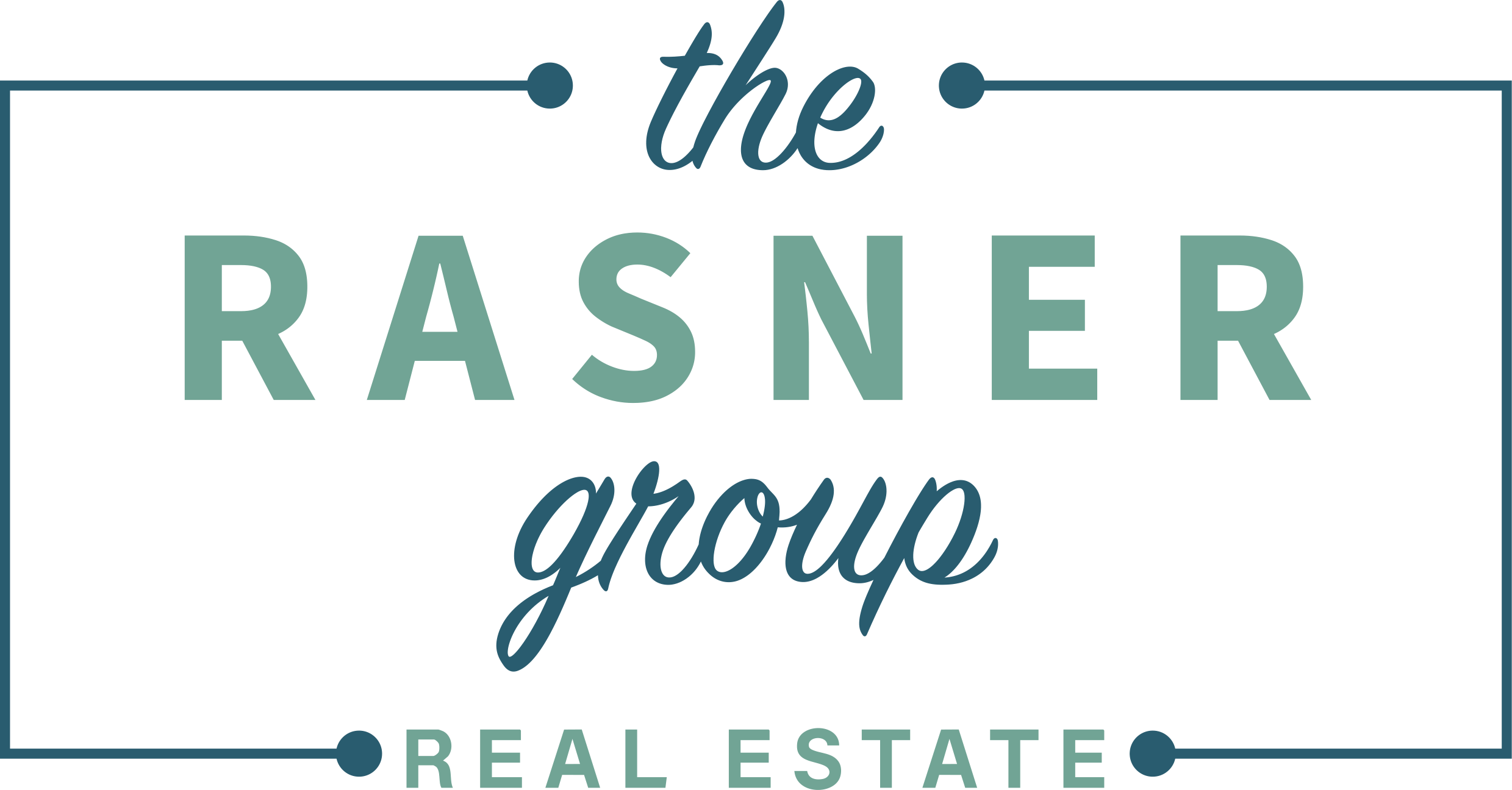Common Questions Homebuyers Ask: A Comprehensive Guide
Buying a home is an exciting and momentous decision that often comes with a myriad of questions. Whether you're a first-time homebuyer or a seasoned investor, understanding the common questions homebuyers ask can help you navigate the process more confidently. Let's explore the frequently asked questions (FAQs) homebuyers have, providing you with valuable insights and empowering you to make informed decisions.
1. How much can I afford?
Determining your budget is a crucial first step in the homebuying process. The amount you can afford depends on factors such as your income, savings, credit score, and current interest rates. Consulting with a mortgage lender or using online calculators can help you get a clearer picture of your affordability range.
2. Should I rent or buy?
Your long-term goals, financial stability, and the local housing market are just a few of the variables that affect this question. Renting offers flexibility and minimal responsibilities, while buying provides equity and the potential for appreciation. Make an informed decision by taking into account your lifestyle, financial situation, and personal preferences.
3. What type of mortgage should I choose?
There are various types of mortgages available, including conventional loans, fixed-rate loans, adjustable-rate loans, and government loans such as FHA and VA loans. Each has its own set of advantages and disadvantages. A mortgage professional can assist you in understanding your options and selecting the best one for your needs and financial situation.
4. How much down payment do I need?
The required down payment varies depending on factors such as loan type and lender requirements. While conventional mortgages often require a down payment of around 20%, there are options available with lower down payment requirements, such as FHA loans (3.5% down) or VA loans (0% down for qualifying veterans). Consider your savings and eligibility for down payment assistance programs when determining your down payment amount.
5. What is the significance of a pre-approval letter?
Getting pre-approved for a mortgage is highly recommended before starting your home search. It involves a lender reviewing your financial information and providing a pre-approval letter stating the loan amount you're qualified for. A pre-approval letter strengthens your offer and demonstrates your seriousness as a buyer to sellers.
6. How do I choose the right neighborhood?
Finding the right neighborhood is dependent on your personal preferences, lifestyle, and demands. Consider the proximity to amenities, employment or school, safety, and future developments in the area. Conduct thorough research, visit neighborhoods, and speak with locals or real estate agents to gather relevant information.
7. Should I consider a fixer-upper or move-in-ready home?
Deciding between a fixer-upper or a move-in-ready home depends on your budget, time availability, renovation skills, and personal preferences. A fixer-upper can be an opportunity to customize a home to your liking, but it requires more time, effort, and potentially higher renovation costs. Move-in ready homes offer convenience but might come at a higher price.
8. What is a home inspection, and should I get one?
A home inspection is a crucial step in the homebuying process. It involves hiring a professional inspector to assess the condition of the property and identify any potential issues or needed maintenance or repairs. A home inspection is highly advised to ensure you're aware of any significant problems before finalizing the purchase.
9. How do I negotiate the price?
Negotiating the price of a home is common in the real estate market. Research comparable home prices in the area, evaluate the property's condition, and work with your real estate agent to develop a negotiation strategy. Keep in mind that successful negotiations involve finding a win-win solution that satisfies both parties.
10. What other costs should I consider besides the purchase price?
It's important to factor in additional costs beyond the purchase price, such as closing costs, property taxes, homeowner's insurance, upkeep, and potential renovations.
As a homebuyer, having a clear understanding of the common questions that arise during the process can help you navigate the complexities of real estate transactions with confidence. By answering these FAQs, you will be better prepared to make informed decisions and find the perfect home that meets both your needs and financial goals. Remember to consult with real estate professionals to get personalized advice tailored to your specific situation. Happy home hunting!




